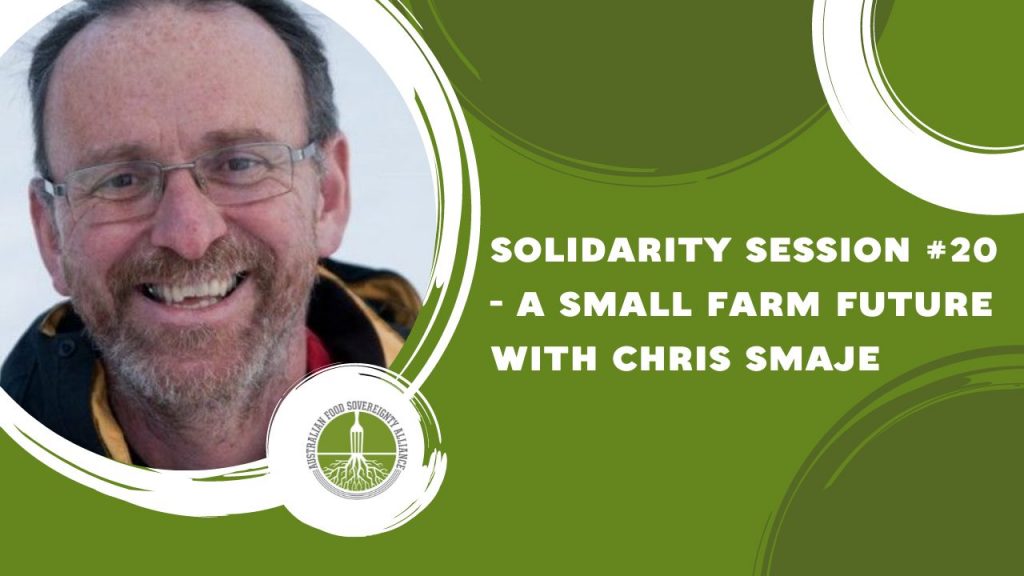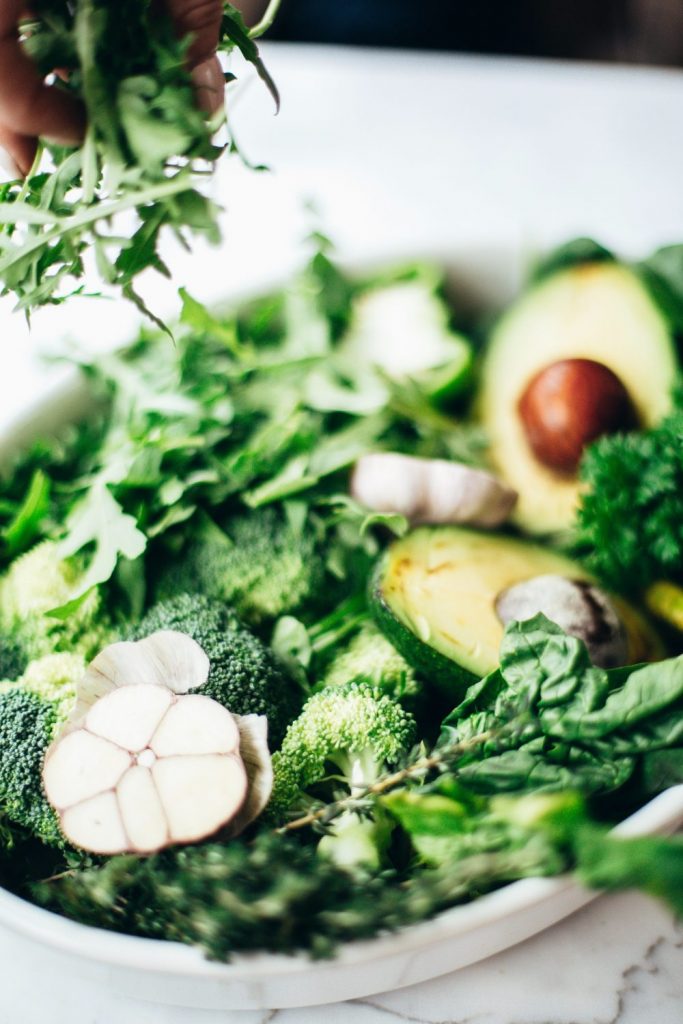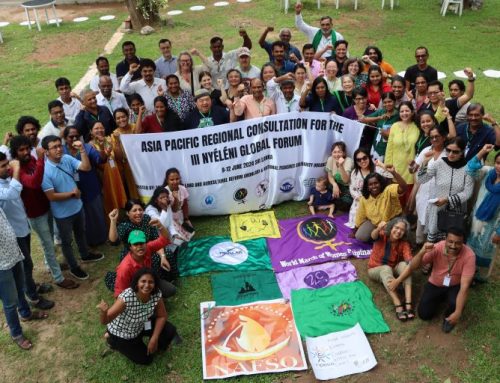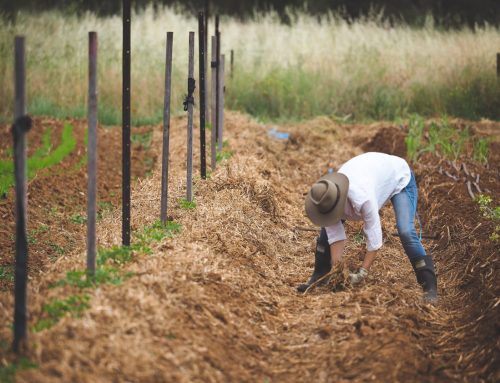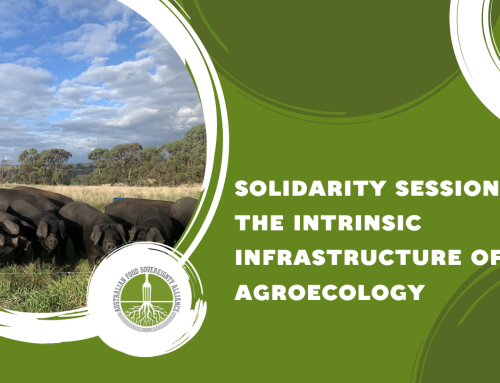Since we first published the People’s Food Plan in 2013, AFSA has continued to gather democratically to listen to the views of farmers and allies across the country and around the world to continue to deepen and strengthen our positions on what constitutes the most socially just and ecologically sound food and agriculture systems.
AFSA suggest the following principles should form the framework for the NSW approach to food production and supply and this is explored further throughout our submission:
- Custodianship – Recognise and value First Peoples and agroecological farmers as land custodians with a long term view
- Health and well-being are primary – Optimise physical and psychological health for all Australians
- Equity and social justice – Food is a basic human right; everyone is entitled to nutritious and culturally-appropriate food produced and distributed in ethical and ecologically-sound ways; farmers and First Peoples have a right to decent and dignified livelihoods (UNDROP & UNDRIP)
- Connectedness, transparency and openness – Know our food, where it comes from, who produces it, and how; all aspects of the food system, from seed and soil to shops, markets and plates, are interconnected, and it should be seen as a whole, with citizens being able to ‘see’ this whole and make fully informed decisions – there should be a resurgence of value chain infrastructure in regional communities
- Cooperation – Better communication and collaboration amongst producers, businesses, eaters, planners and policy-makers rather than the ethic of competition
- Diversity – Of agro-ecosystems and food economies; of farming sizes and systems; of fauna and flora; of diets and cultures
- Quality not quantity – Let food – good, safe, fresh, fair food – be our medicine.
- Local, local, local – Local food systems, not exports, build communities and tread more lightly on the environment
- Democracy and participation – Empower people and communities to shape food systems; ownership and responsibility across the whole food system is more democratic
- Innovation – New models, ideas, designs, and experimentation must be welcomed, however, not all innovation is technological, there is much in the way of farming and human innovation that does not involve technology per se
- Urban and peri-urban agriculture – Support the farming and utilisation of urban land for food production; prioritise green belts at the edges of major cities for sustainable food production over other competing or conflicting uses
- Resilience – Our food and farming systems must be flexible and adaptable; and able to cope with many different scenarios, including external shocks such extreme weather events, climate change, and global pandemics
- Genuine sustainability – Agriculture that is in co-production with nature in agroecological systems, understanding and respecting natural limits; enhancing soil fertility, conserving water, building circular bioeconomies that minimise waste and synthetic inputs
- Ecological economics – An economy that values and supports the diversity of life; and which internalises the true social and environmental costs of our food systems
You can read our full submission to the Inquiry here.
